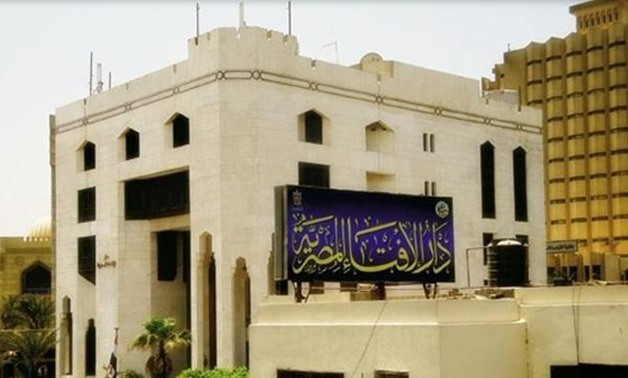
Egypt’s Dar al-Ifta issued a statement on Saturday evening following confusion over why Monday has been set as the first day of Eid al-Fitr.
Various Arab and Islamic countries such as Saudi Arabia, the UAE, Qatar, and Kuwait, declared Sunday as the first day of Eid al-Fitr, while other countries, including Egypt, Syria, and Oman, saw that moon sightings indicate that Eid al-Fitr would instead begin on Monday.
It outlined three aspects to respond to the controversy, stating that the established legal basis from the Prophet Muhammad for determining the beginning of lunar months “is sighting the crescent moon with the naked eye.”
The statement added that it “Adopts a clear methodology that combines established Islamic texts with the reliance on definitive astronomical calculations whose accuracy is scientific certainty. These calculations do not confirm the beginning of the month, but rather deny the possibility of seeing the crescent moon if it is scientifically proven impossible. They thus serve as one criterion for determining the Islamic sighting.”
Dar al-Ifta pointed out that, based on this approach, it announced that Ramadan will be completed in 30 days and that Monday, March 31, will be the first day of Eid al-Fitr as a result of the inability to sight the crescent moon as per Islamic law.
“There is no contradiction between Islamic law and modern science; rather, they complement each other in determining the legal times with precision and clarity,” Dar al-Iftaa assured.




